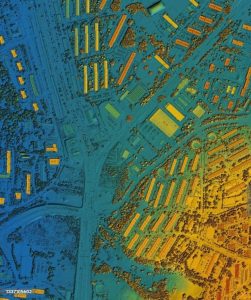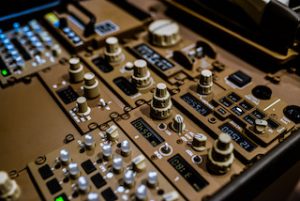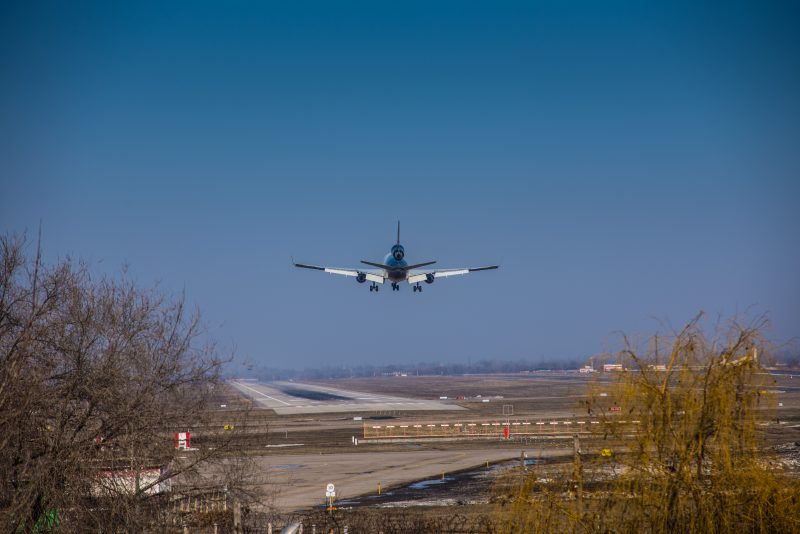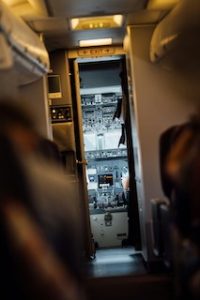An Overview Of JFK Airport
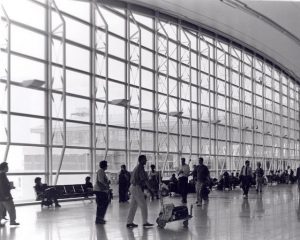 JFK Airport, officially known as John F. Kennedy International airport, is one of the busiest airports in the United States. Located in Queens, New York, JFK serves as a major hub for both domestic and international flights. It provides travelers with modern amenities and efficient services, making it a vital transportation point for millions every year. The airport’s strategic location makes it an essential gateway for passengers traveling to and from New York City.
JFK Airport, officially known as John F. Kennedy International airport, is one of the busiest airports in the United States. Located in Queens, New York, JFK serves as a major hub for both domestic and international flights. It provides travelers with modern amenities and efficient services, making it a vital transportation point for millions every year. The airport’s strategic location makes it an essential gateway for passengers traveling to and from New York City.
History of JFK airport
JFK airport first opened its doors in 1948 under the name Idlewild Airport. In 1963, it was renamed in honor of President John F. Kennedy, who was tragically assassinated the same year. Since then, JFK has grown into one of the most well-known airports in the world. It serves as a primary international gateway for the United States, connecting passengers to destinations around the globe.
Terminals at JFK airport
JFK is home to several terminals, each serving different airlines and offering unique amenities. These terminals are designed to cater to a large number of passengers with varying needs. The airport has six operational terminals, with each offering services such as check-in counters, security screening, baggage claim, food courts, and lounges. Terminals at JFK are connected by an efficient airside shuttle and the AirTrain system.
Terminal 1 at JFK
Terminal 1 is operated by a consortium of international airlines, including Lufthansa and Air France. It offers a variety of amenities, including duty-free shops, lounges, and a wide range of food options. The terminal is known for its modern design and spacious seating areas. It handles both international and domestic flights, making it a central hub for international travel.
Terminal 2 at JFK
Terminal 2 is operated primarily by Delta Airlines. It offers passengers a comfortable space with a selection of dining options, duty-free shops, and efficient services. Delta’s Sky Club Lounge is located in Terminal 2, offering passengers a premium space to relax. This terminal is well-equipped for both check-in and baggage handling, ensuring smooth operations for travellers.
Terminal 4 at JFK
Terminal 4 at JFK is one of the largest and busiest terminals at the airport. It is home to major international carriers, such as Emirates, Delta, and JetBlue. The terminal features a wide range of services, including a variety of restaurants, luxury shopping, and several lounges. Terminal 4 is known for its modern architecture, providing travellers with a clean, comfortable environment.
Terminal 5 at JFK
Terminal 5 is operated by JetBlue Airways. This terminal is known for its sleek and modern design, offering spacious areas for passengers to relax before flights. Travelers can enjoy numerous dining options, from casual eateries to sit-down restaurants. Terminal 5 also features an expansive shopping area and several amenities aimed at enhancing the passenger experience.
Terminal 7 at JFK
Terminal 7 at JFK is operated by British Airways and its partners. The terminal caters mainly to international flights and provides high-quality services for travelers. There are a variety of food and shopping options available, along with premium lounges for business and first-class passengers. Terminal 7 ensures that all its passengers have access to the services they need for a smooth journey.
Terminal 8 at JFK
Terminal 8 is the largest terminal at JFK, operated by American Airlines. It serves as a major hub for the airline, offering extensive services for domestic and international flights. Terminal 8 features several lounges, restaurants, and retail shops, providing travelers with ample opportunities to relax and shop. The terminal is known for its modern design and efficiency in managing large crowds.
AirTrain and transportation at JFK
JFK’s AirTrain system is a convenient, automated people mover that connects all terminals. It also provides access to the Long Island Rail Road and the NYC subway system, offering travellers easy access to the city. The AirTrain makes it possible to move quickly between terminals without leaving the secure area of the airport. This system plays a crucial role in enhancing the efficiency of JFK’s operations.
Getting to and from JFK
Getting to and from JFK Airport is easy, thanks to its well-established transportation network. Passengers can access the airport via taxis, ride-sharing services, and public transit. The airport is located about 15 miles from Manhattan, making it convenient for travelers heading into the city. Several highways, such as the Van Wyck Expressway, provide direct routes to the airport.
Parking at JFK airport
JFK offers a variety of parking options for travelers. From long-term parking lots to short-term parking near the terminals, JFK accommodates different needs. The airport also offers valet services, providing passengers with a hassle-free experience. For those who prefer to avoid parking altogether, the AirTrain offers a fast and reliable connection to nearby parking lots and car rental facilities.
Dining options at JFK
JFK airport features a wide variety of dining options. From quick snacks to sit-down meals, travelers can enjoy a range of cuisines from around the world. Each terminal has its selection of restaurants, cafes, and bars, offering travelers many choices. Whether you are looking for a fast meal before your flight or a leisurely dining experience, JFK has something to suit every taste.
Shopping at JFK
JFK is home to many retail stores, offering passengers the chance to shop while waiting for their flights. Duty-free shopping is available in each terminal, providing luxury goods, cosmetics, electronics, and souvenirs. Many renowned brands, including Coach and Burberry, have outlets at JFK, allowing travelers to purchase premium items before departure. Shopping at the airport provides a unique experience, with a range of options to suit all budgets.
Security and customs at JFK
Security and customs at JFK are designed to ensure the safety of all passengers while maintaining efficient operations. The airport uses state-of-the-art screening technology to facilitate the security process. Passengers must go through security checks before entering the gates, with clear signage to guide them. Upon arrival, travellers going through customs can expect efficient processing, as JFK has streamlined its procedures for smoother transitions.
JFK airport and business travel
JFK is an essential airport for business travelers. It serves as a hub for several major airlines and offers a wide range of services tailored to business needs. Premium lounges, such as American Airlines’ Admirals Club and Delta’s Sky Club, provide a comfortable and quiet space for work. In addition, JFK offers fast Wi-Fi, charging stations, and meeting areas to cater to the needs of corporate passengers.
JFK airport and international flights
JFK serves as a significant gateway for international flights. It connects New York City to destinations across the globe, from Europe and Asia to Latin America and Africa. With numerous international airlines operating from the airport, JFK ensures a seamless travel experience for passengers. The variety of amenities and services at the airport enhances the overall experience for international travellers, making it a key international hub.
Impact on New York’s economy
JFK airport plays a vital role in New York’s economy. It serves as a major entry point for tourists, business travelers, and goods, supporting local businesses. The airport also provides thousands of jobs, from airport security to ground services. JFK’s operations contribute significantly to the city’s economy, making it an essential part of New York’s transportation infrastructure.
Environmental efforts
JFK has committed to improving its environmental footprint. The airport has implemented several green initiatives, including energy-efficient systems and waste-reduction programs. JFK has also invested in sustainable building designs for new terminals and upgrades. These efforts aim to reduce the airport’s impact on the environment while maintaining a high level of service for travellers.
Innovations and future developments at JFK
JFK is constantly evolving, with ongoing projects aimed at improving the passenger experience. New terminal upgrades and expansions are planned to accommodate the growing number of travelers. These developments will bring more modern amenities, including improved security processes, faster check-in procedures, and more comfortable lounges. With these continuous advancements, JFK remains at the forefront of global aviation.
Final considerations for travellers
JFK airport offers travellers a seamless and modern travel experience. With multiple terminals, a wide range of services, and convenient transportation options, JFK ensures that passengers can enjoy a smooth journey. Whether you are flying domestically or internationally, JFK provides all the amenities needed for a comfortable experience. As a major hub for air travel, JFK remains an integral part of New York City’s connectivity to the world.


